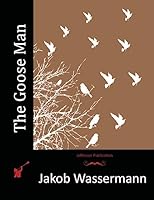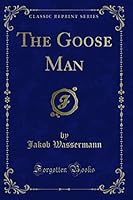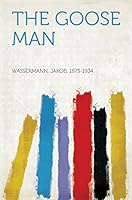Description
Carl Jakob Wassermann (1873-1934) was a Jewish-German writer and novelist. He showed literary interest early and published various pieces in small newspapers. Because his father was reluctant to support his literary ambitions, he began a short-lived apprenticeship with a businessman in Vienna after graduation. In 1896 he released his first novel, Melusine. Interestingly, his last name (Wassermann) means "water-man" in German; a "Melusine" (or "Melusina") is a figure of European legends and folklore, a feminine spirit of fresh waters in sacred springs and rivers. From 1898 he was a theatre critic in Vienna. In 1926, he was elected to the Prussian Academy of Art. He resigned in 1933, narrowly avoiding an expulsion by the Nazis. In the same year, his books were banned in Germany owing to his Jewish ancestry. Wassermann's work includes poetry, essays, novels, and short stories. His most important works are considered the novel Der Fall Maurizius (1928) and the autobiography, My Life as German and Jew (Mein Weg als Deutscher und Jude) (1921), in which he discussed the relationship between his German and Jewish identity.











 Amazon UK
Amazon UK